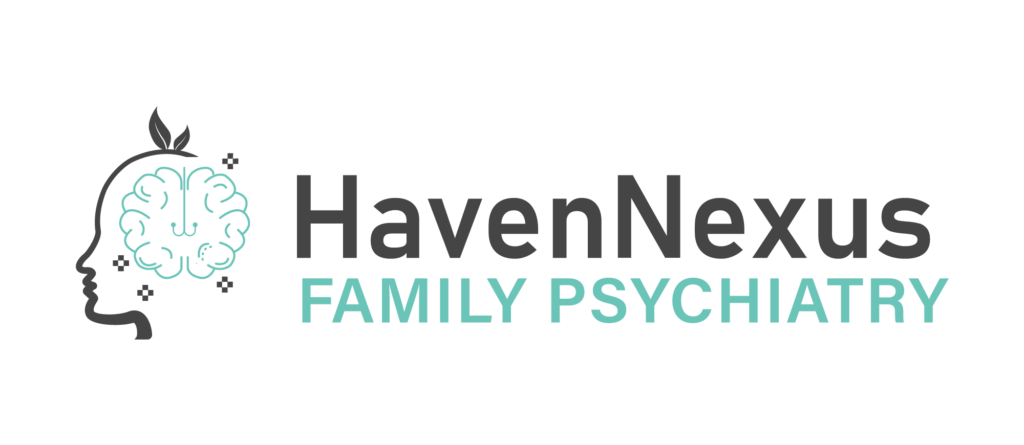Introduction
Healthy relationships play a vital role in mental and emotional well-being. Whether with family, friends, or partners, strong and positive relationships contribute to lower stress levels, increased happiness, and a greater sense of belonging. In contrast, toxic or strained relationships can lead to emotional distress, anxiety, and even physical health issues. Understanding the impact of relationships on mental health and learning how to cultivate healthy connections can greatly
improve one’s quality of life.
The Connection Between Relationships and Mental Health
Social interactions influence our psychological state more than we realize. Supportive and fulfilling relationships provide emotional security, reduce feelings of loneliness, and enhance our ability to cope with life’s challenges.
Key ways relationships impact mental health:
- Emotional Support – Having people to share joys and struggles with reduces stress and promotes resilience.
- Sense of Belonging – Feeling connected to others fosters a sense of purpose and self- worth.
- Stress Reduction – Meaningful connections help mitigate anxiety and provide a buffer against life’s hardships.
- Self-Esteem Boost – Positive interactions reinforce self-confidence and personal growth.
Characteristics of Healthy Relationships
To benefit from relationships, they must be healthy and supportive. Strong relationships are built on trust, mutual respect, and open communication.
Traits of a healthy relationship:
- Mutual Respect – Both parties value each other’s opinions and boundaries.
- Effective Communication – Open and honest dialogue strengthens understanding and trust.
- Empathy and Support – Partners and friends should encourage and uplift one another.
- Boundaries and Independence – Maintaining individual space while being connected is crucial for personal growth.
- Conflict Resolution – Disagreements are handled respectfully and constructively.
Strategies for Building and Maintaining Healthy Relationships
Cultivating healthy relationships requires effort and intentionality. By adopting these strategies, you can nurture and sustain meaningful connections.
1. Prioritize Open Communication
Clear and honest communication is the foundation of any healthy relationship. Expressing thoughts, feelings, and needs fosters understanding and prevents misunderstandings.
Tips for effective communication:
- Practice active listening by giving full attention to the speaker.
- Express emotions honestly without fear of judgment.
- Use “I” statements to express feelings without blaming the other person.
- Be receptive to feedback and constructive criticism.
2. Establish and Respect Boundaries
Boundaries create a sense of security and self-respect in relationships. They define acceptable behaviors and prevent resentment from building up.
Ways to set healthy boundaries:
- Clearly express personal needs and limitations.
- Respect the boundaries of others without pressuring them.
- Recognize that setting boundaries is not selfish but essential for mental well-being.
- Reevaluate and adjust boundaries as relationships evolve.
3. Nurture Emotional Intimacy
Emotional intimacy deepens trust and strengthens bonds. It involves sharing thoughts, vulnerabilities, and emotions openly.
How to foster emotional closeness:
- Be present and attentive during conversations.
- Show empathy and validate the other person’s feelings.
- Share personal experiences and express appreciation.
- Engage in meaningful activities together to create lasting memories.
4. Recognize and Address Toxic Relationships
Unhealthy relationships can be detrimental to mental health. Recognizing the signs and taking necessary steps to address toxicity is essential for well-being.
Signs of a toxic relationship:
- Constant criticism and lack of support.
- Manipulation or controlling behavior.
- Persistent negativity and emotional drain.
- Disrespect of personal boundaries.
How to handle toxic relationships:
- Communicate concerns and attempt to resolve issues.
- Seek external support, such as counseling or mediation.
- If necessary, distance yourself from harmful individuals.
- Prioritize self-care and surround yourself with positive influences.
5. Strengthen Social Connections
Healthy relationships are not limited to romantic partnerships; friendships and family bonds are equally important.
Ways to enhance social well-being:
- Make time for loved ones and engage in regular social activities.
- Join support groups or community organizations.
- Foster gratitude and appreciation for the people in your life.
- Be open to forming new connections and expanding social circles.
Conclusion
Healthy relationships are essential for maintaining mental and emotional well-being. By prioritizing open communication, setting boundaries, nurturing emotional intimacy, and recognizing toxic patterns, individuals can create fulfilling and supportive connections. Investing in meaningful relationships not only enhances overall happiness but also builds resilience against life’s challenges. Strengthen your relationships today, and experience the profound impact they can have on your well-being.


